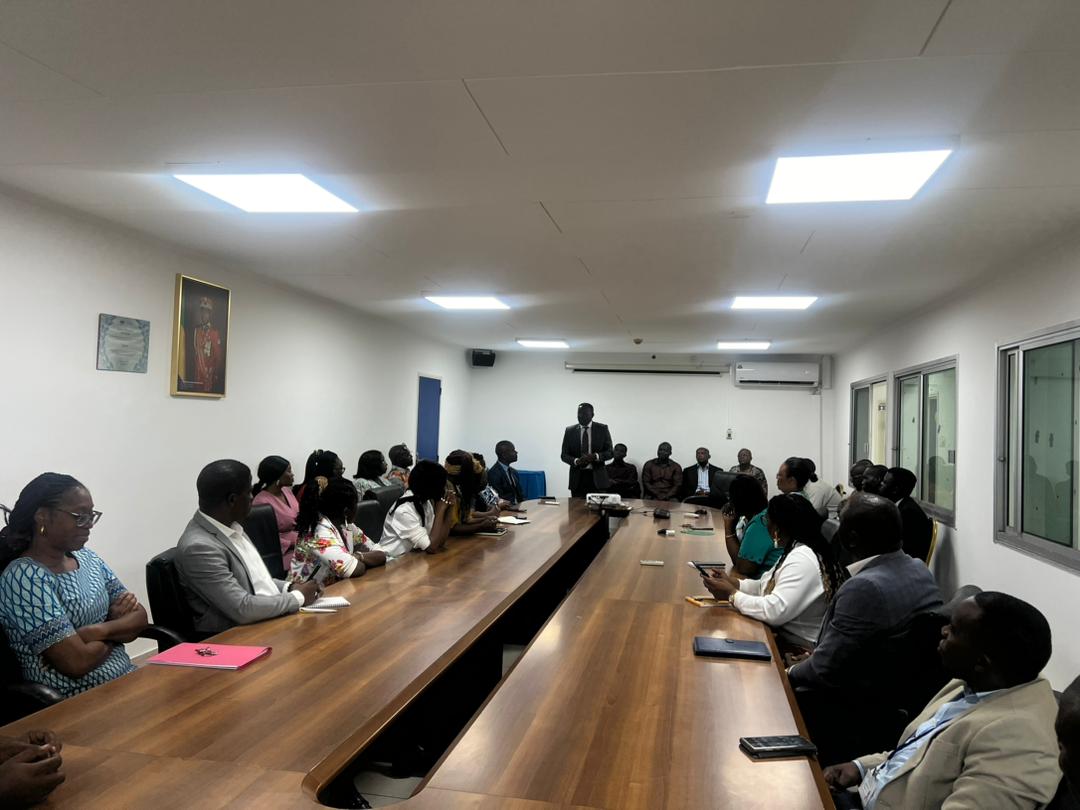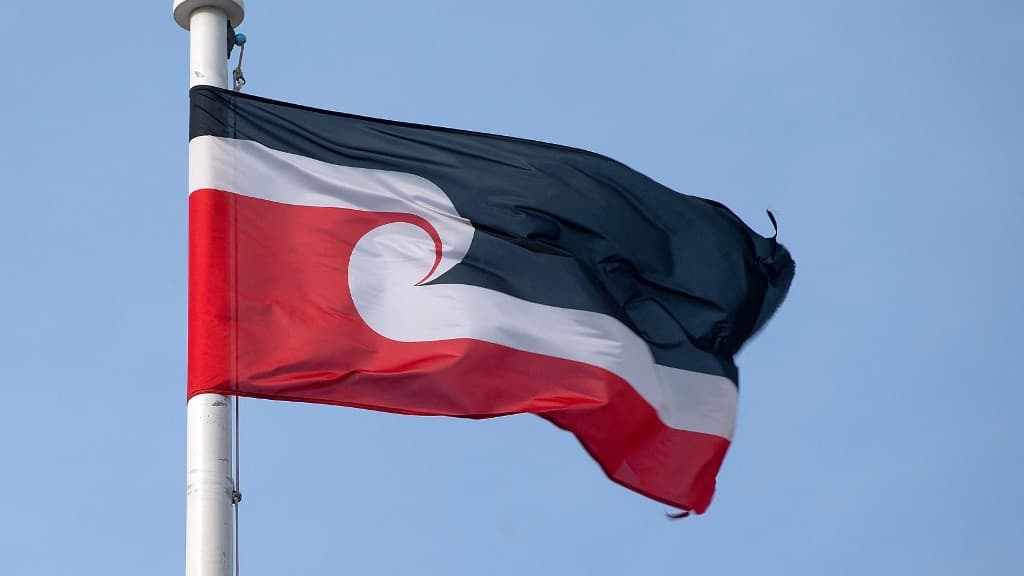The agency notes the language’s “deep and lasting influence” on New Zealand English. Since the 1970s, Māori has enjoyed a renewed impetus in this country, where it is already considered an official language.
The Oxford Dictionary, which defines itself as a reference to the English language, includes 47 words or expressions in Maori, the language spoken by the people of the same name in New Zealand.
With the addition, the company said it recognizes the “deep and lasting impact” of this indigenous language, also known as Te reo, on the New Zealand language. Although some words are already in the volume, the change reflects “a significant number of Māori words that have become part of the vocabulary of Māori and Pākehā (non-Māori) speakers of English”. According to a report by Oxford University PressDictionary editor.
“Gia Ora e Hoa”
The dictionary’s editors “searched archives, novels, newspapers and Twitter” to find examples and uses for each word, according to Oxford University Press.
New Zealanders will find the Maori greeting kia ora e hoa in their English dictionary, meaning “hello my friend”. We also find words like koha, a gift, or korero, a conversation.
however, As reported GuardianThe dictionary does not spell Māori words with their macrons, a bar-shaped grapheme above certain letters commonly used to represent a long sound or double vowel.
Words related to earth and environment
Other innovations include words that incorporate Maori concepts and have no direct equivalents in English, such as whenwa – land, especially the native land of Maori – and rahui, which is a formal restriction or ritual to enter an area or engage in an activity. , usually enacted temporarily to conserve a resource.
In fact, many of the terms in this update are used to refer to land or environment in a Māori context, such as turangawewe, meaning a place where one lives or has established a right of residence or occupier, a custodian or steward of the natural resources of the environment or place.
Combinations of English and Maori
Te reo Maori is already the official language of New Zealand. Since the 1970s, it has enjoyed a new impetus as a result of campaigns led by linguistic and political activists.
One of the new additions – taihoa, asking someone to be patient or wait – represents a combination of English and Maori language senses. Many New Zealanders pronounce the word “tai-ho” – and many of them may not have known until recent years that they were using a Maori word. Guardian.
John McAllister, professor of applied linguistics at Victoria University of Wellington, said: “It’s a great example of something that only makes sense in New Zealand and can only be made in New Zealand. “I love it because it brings back the history of this country and this community, and people don’t know where it comes from. They use it.”
Key ingredients

“Beeraholic. Friend of animals everywhere. Evil web scholar. Zombie maven.”






More Stories
English for everyone! – ANAC
French is a strong language but less strong than English: demonstrative
An English club is returning to duty for Adrien Rabiot